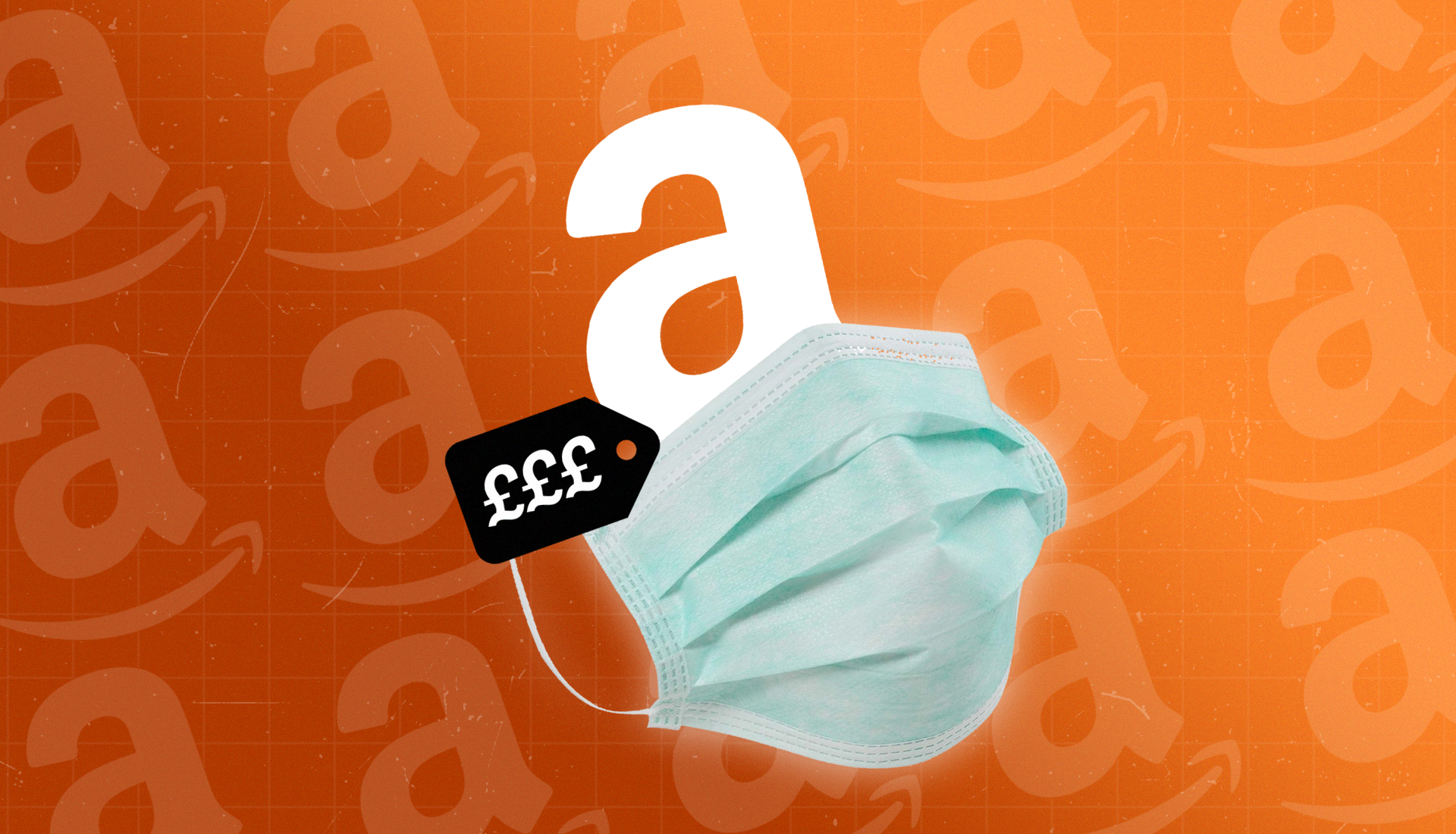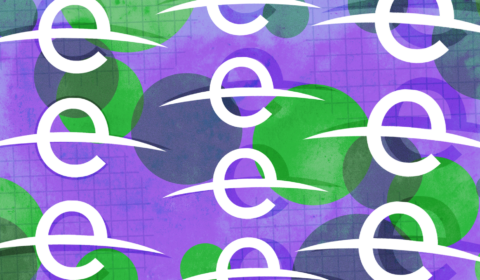Over one million products that claim to protect against the coronavirus or ‘cure’ the infection altogether have been pulled.
Whenever there’s a global panic, you can bet that companies will find a way to capitalise on people’s fears before things get properly sorted out.
The coronavirus has caused havoc on international economics, stocks, and transportation, with little signs of things slowing down in the coming weeks. Some of us are avoiding Corona beer despite it having absolutely no relation to the new virus, others are self-isolating, and apparently a few people are panic buying masks and knock off products from Amazon.
It’s become such an issue that the online retailer told the BBC it’s removed up to a million products that are too expensive, misleading, or ineffective knock-offs.
Such items include face masks, newly published books on diseases, vitamin boosters and pills that claim to ‘protect’ customers against coronavirus, and hand sanitiser. All of these products have racked up in price, with some being over three times their original value at the beginning of January. Shippers have also increased their transaction costs significantly, which is illegal and against Amazon’s buyer policies.
It’s clear that many retailers are trying to earn extra cash amidst all of the corona chaos, further encouraging hysteria that’s already been bubbling for weeks. The reality is that most items on Amazon, if not all, will be completely ineffective at protecting the average person from the coronavirus.


You won’t suddenly be immune to infection by slapping an overpriced mask on your face, unfortunately. Surgeons are even having to tell the public to stop buying them, as they don’t help to keep illnesses at bay at all. It’s a symptom (pun not intended) of a wider issue of misinformation and a lack of understanding about how diseases and pandemics are spread.
The World Health Organisation (WHO) has made it a priority to draw attention to misinformation that’s been rampantly spread across social media in the last few weeks – and that includes Amazon’s product lists and questionable retailers.
Snapchat, TikTok, and Twitter in particular have been hotbeds for coronavirus memes, and while everyone enjoys a laugh in the face of a potentially scary illness, it’s important to recognise that not everything you read will be true. WHO has labelled this spread of falsehoods as an ‘infodemic’, and one that’s circulating faster than coronavirus itself.
Tech companies are being urged to tackle the issue more vigilantly and direct users to official NHS and medical sites that have clear, objective information on the coronavirus. Snapchat and Facebook are now implementing measures to get more users onto these sites, rather than getting their information from memes and friends, and Amazon’s recent pull of a million dodgy items will also help to clear things up.
Now take those masks off, people – they don’t work!

















